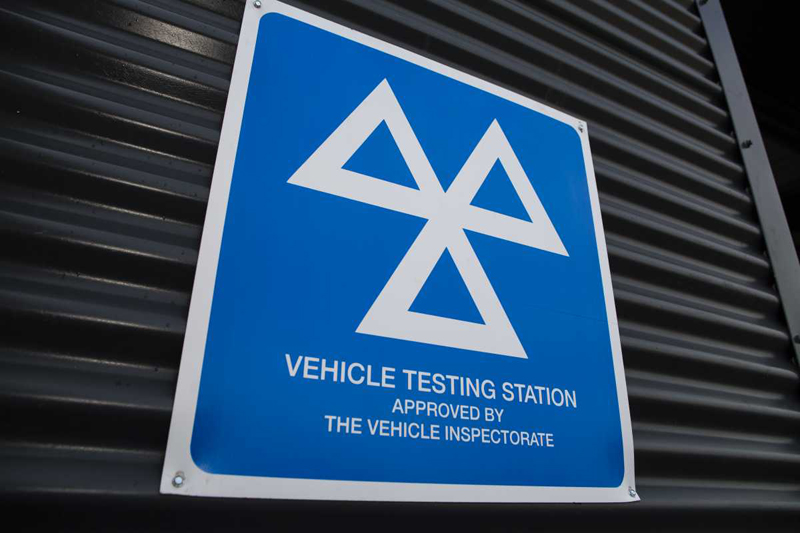
The Independent Automotive Aftermarket Federation, (IAAF) has argued that more than 300,000 unsafe vehicles could be seen on UK roads, as a result of government plans to extend the MOT test frequency.
According to figures from DVSA, 300,000 vehicles approximately fail their first MOT test at three years. Moving the first test to four years under government proposals poses higher safety risks to motorists and other road users according to IAAF.
Furthermore, IAAF claims that as the number of new vehicles on UK roads are set to be electric powered, these are just as likely to fail the first MOT test, underlining the importance of safeguarding the current test regime.
DVSA data shows that the failure rate on tyres at first MOT of three years is higher on Battery Electric Vehicles (BEVs) than on diesel vehicles. Fifty-seven percent of all electric vehicles that fail their first MOT test, fail on tyres, compared with 35 percent of diesel vehicles and 37 percent of petrol vehicles tested.
Trade Federation IAAF is arguing that motorists are already too ‘detached’ from their vehicle service, repair and maintenance responsibilities, largely due to unrealistic reliability claims and extended warranties from vehicle manufacturers. It argues that moving to an extended test frequency will put additional pressures on the MOT testing network and IAAF is calling on the government to support the industry with more public awareness campaigns on vehicle safety.
Mark Field, IAAF Chief Executive, said: “Moving the first MOT test to four years gives motorists the false perception that vehicles are more reliable when the data says otherwise. It also potentially means motorists face worsening problems, higher repair bills and more polluting vehicles if cars remain unchecked for longer periods.”







